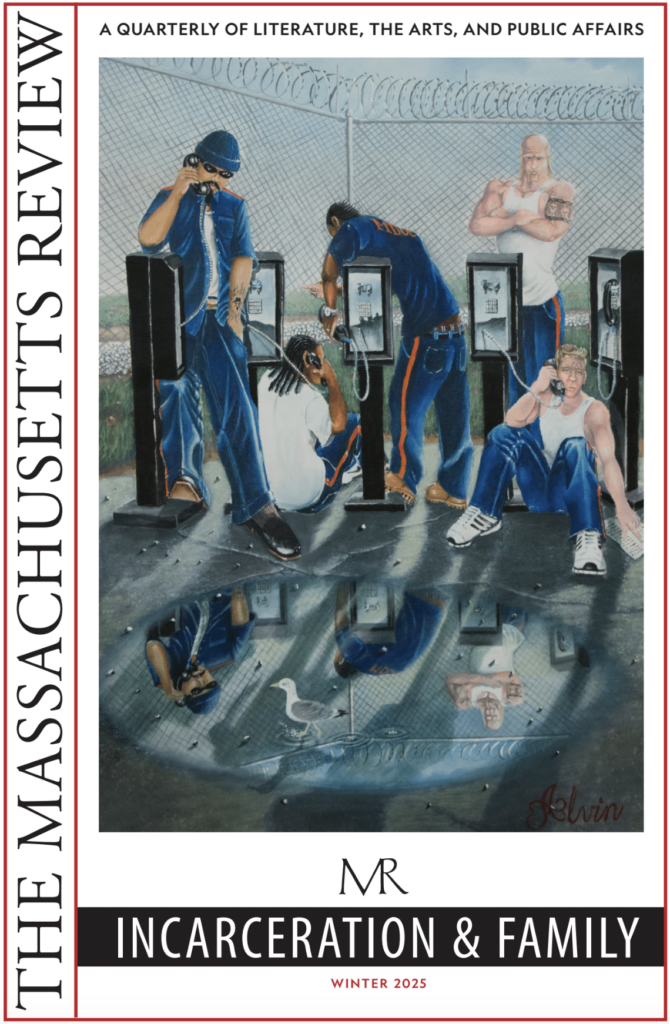A review of Uncanny Valley Girls: Essays on Horror, Survival, and Love (Harper Perennial 2025) by Zefyr Lisowski and Scream with Me: Horror Films and the Rise of American Feminism (1968-1980) (Atria 2025) by Eleanor Johnson. I used to think I didn’t like horror films, but then, thirteen years ago, I met . . .








